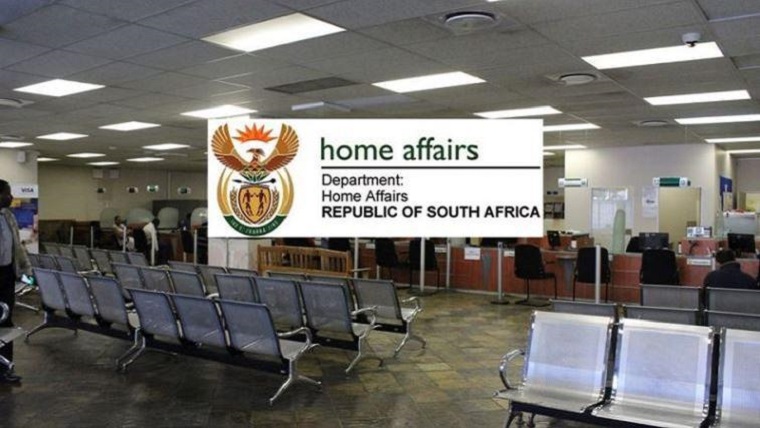 Last year the South African cabinet said it will not renew a permit it used to regularise Zimbabweans living in the country.
Last year the South African cabinet said it will not renew a permit it used to regularise Zimbabweans living in the country.- About 180 000 Zimbabwean Exemption Permit (ZEP) holders have until the end of the year to migrate to other permits. Most are unlikely to qualify.
- Zimbabweans have used the ZEP since 2017 and similar permits since 2010.
- About 50 human rights organisations have written to the minister expressing concerns over the grave humanitarian impact the decision is having.
Nearly 180 000 Zimbabwean Exemption Permit (ZEP) holders living in South Africa face deportation at the end of the year if they are unable to find an alternative permission-of-stay.
Most ZEP holders are unlikely to qualify for the critical skills list published on 2 February 2022 by the Minister of Home Affairs.
They say the grace period cabinet announced in November last year is too short for them to uproot their lives. The ZEP was introduced in 2017, replacing a series of predecessor permits that had regularised Zimbabweans living in South Africa since 2010.
A number of ZEP holders said the announcement that the permits will be scrapped is already creating headaches for them, despite a directive sent out by Home Affairs to banks, schools and employers. Some banks are already refusing to replace lost bank cards; some traffic departments are refusing to renew driver’s licences, they say. People also worry that they won’t be able to claim their provident funds, their UIF and work benefits after 31 December 2022.
Lawyers for Human rights (LHR) wrote a letter endorsed by 49 human rights organisations to the Department of Home Affairs on 13 December in an attempt to address the humanitarian and numerous other implications for permit holders of the scrapping of the ZEP.
The letter asks questions about the mechanisms in place to deal with the implications for ZEP holders. Months later, Home Affairs has not responded.
“Zimbabwe remains a country in turmoil and continues to experience serious economic and political challenges, as well as violence,” the letter states.
“Given that this special dispensation covers a time span of over a decade, many ZEP holders have built their families, lives, and homes in South Africa. Estimates indicate that up to half a million children will be affected by this decision, resulting in severe psychological impact as a result of uprooting their lives in South Africa and exposing them to trauma and suffering in Zimbabwe, thereby undermining the best interests of the child principle enshrined in South Africa’s Constitution.”
Continued next page
(237 VIEWS)

